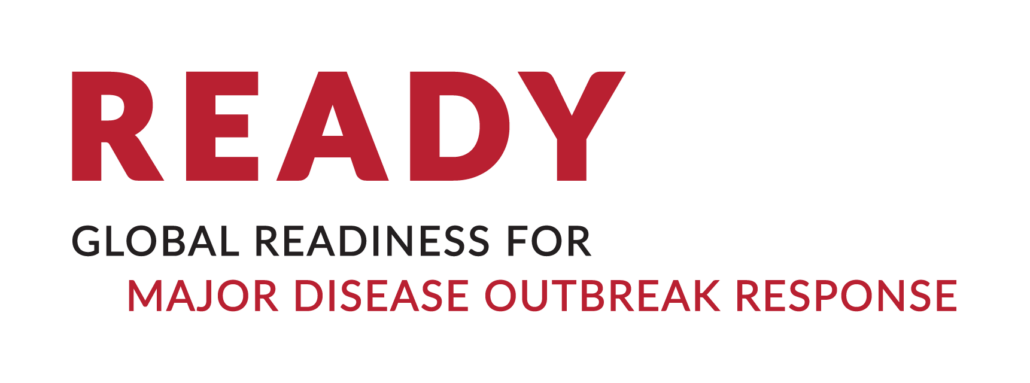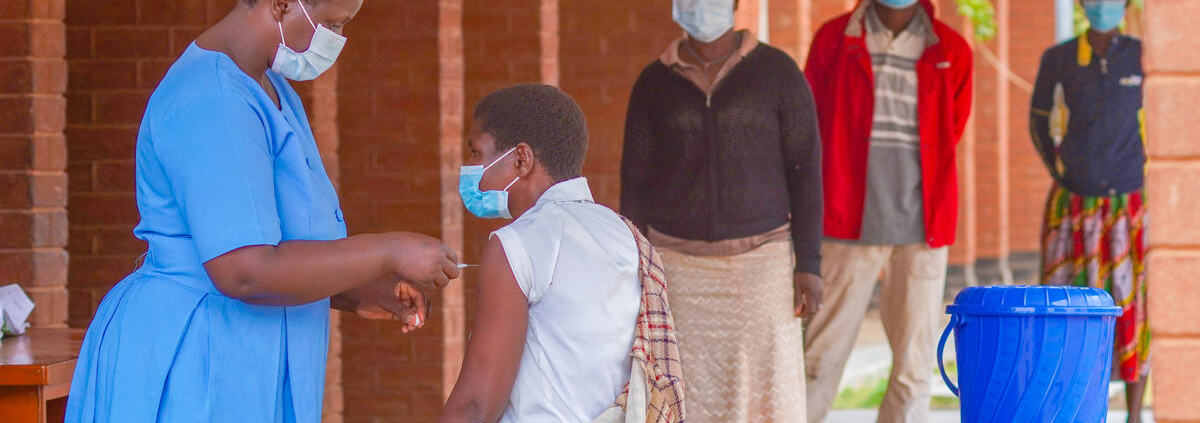Why the delay? Perspectives of national and local actors on progress toward locally led outbreak readiness and response
Author: READY
Local organizations play a critical role in disease outbreak preparedness and response in humanitarian settings. Yet their contributions are often overlooked, particularly in terms of engagement and leadership in outbreak coordination, funding allocation, and decision-making structures. Recent infectious disease outbreaks in humanitarian settings emphasize the urgency of recognizing the value of local actors, their existing skills and capacities, and decision-making power to support locally led action. A shift from competition to collaboration is essential to ensure effective responses that meet the needs of affected populations, and signs of a renewed commitment to localization by global actors provide a crucial opportunity to act now.
This paper covers the result of consultations with key global humanitarian and outbreak actors, local and national organizations in the Democratic Republic of Congo, South Sudan, Syria, and Yemen, and a comprehensive desk review of existing literature. It centers on their perspectives, needs, and priorities and provides recommendations for locally led action during infectious disease outbreaks in humanitarian settings. The findings, presented as Key Actions, provide a foundation for dialogue and future cooperation between local and global actors to drive concrete action and break through the inertia of localization.


This website is made possible by the support of the American People through the United States Agency for International Development (USAID) under the READY initiative. READY (not an acronym) is supported by USAID’s Bureau for Democracy, Conflict, and Humanitarian Assistance, Office of U.S. Foreign Disaster Assistance (OFDA) and is led by Save the Children in partnership with the Johns Hopkins Center for Humanitarian Health, the Johns Hopkins Center for Communication Programs, UK-Med, EcoHealth Alliance, and Mercy Malaysia. The contents of this website are the sole responsibility of Save the Children. The information provided on this website does not necessarily reflect the views of USAID, any or all consortium partners, or the United States Government, and is not official U.S. Government information.


